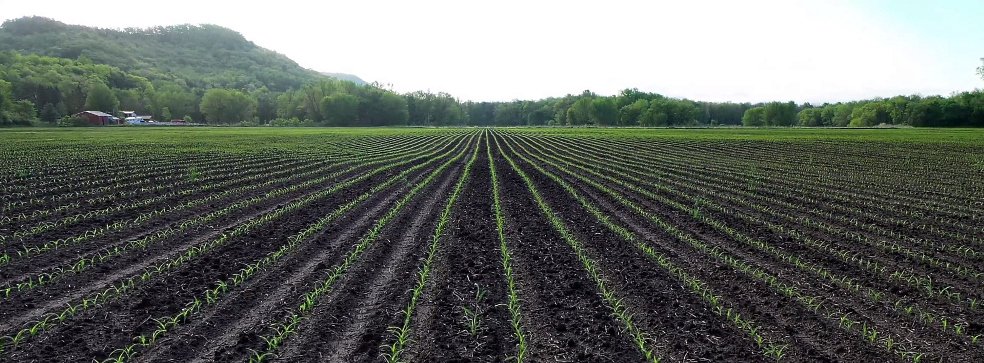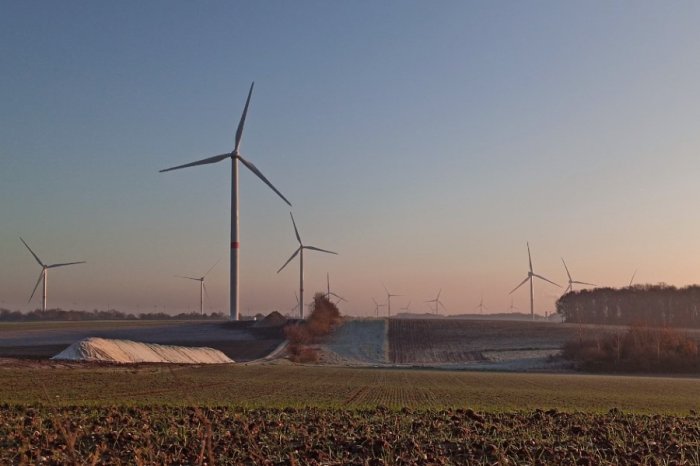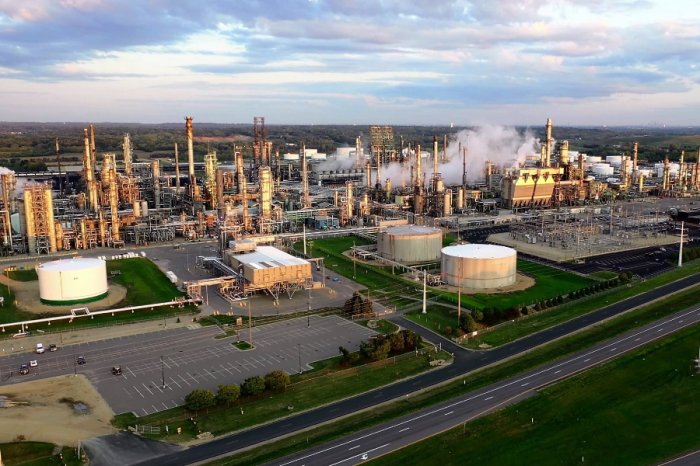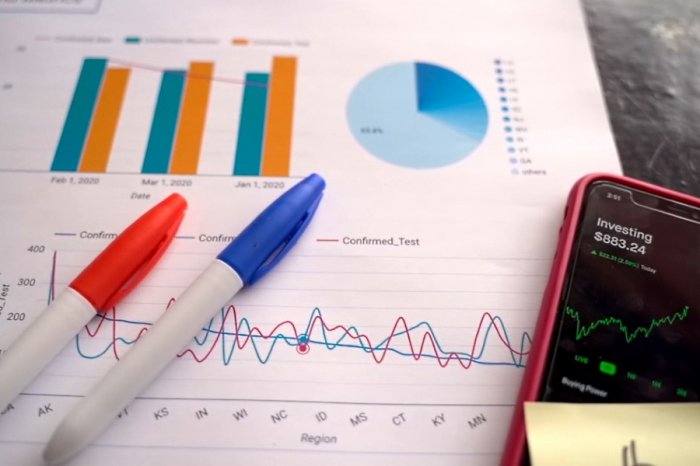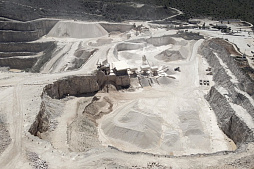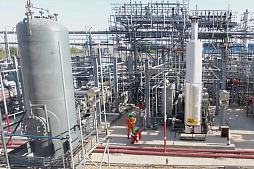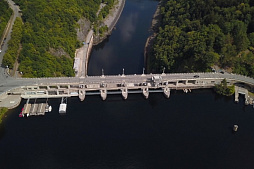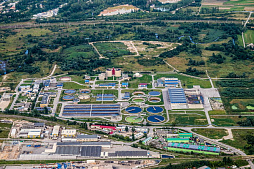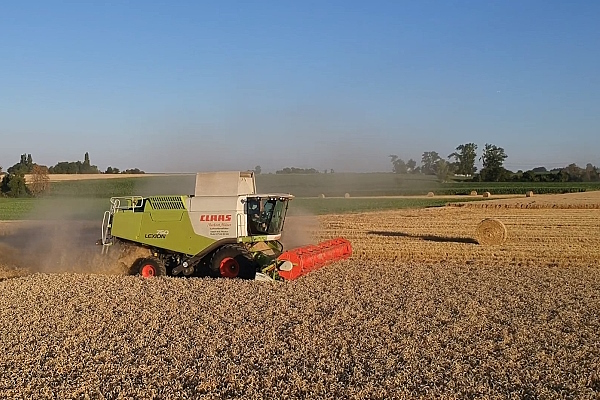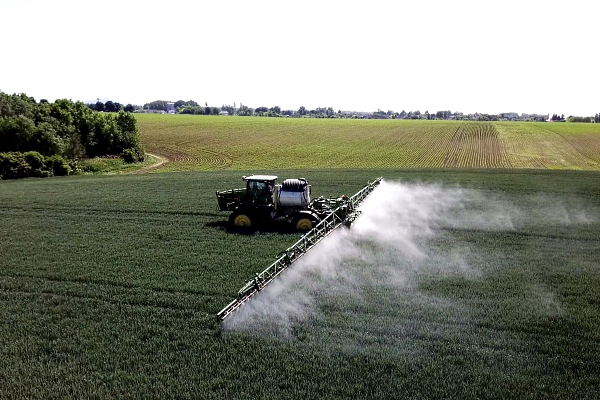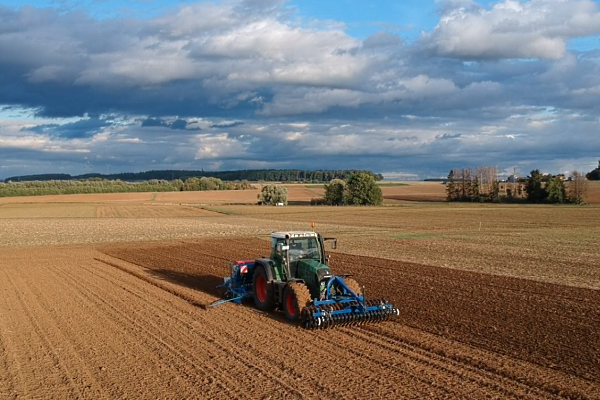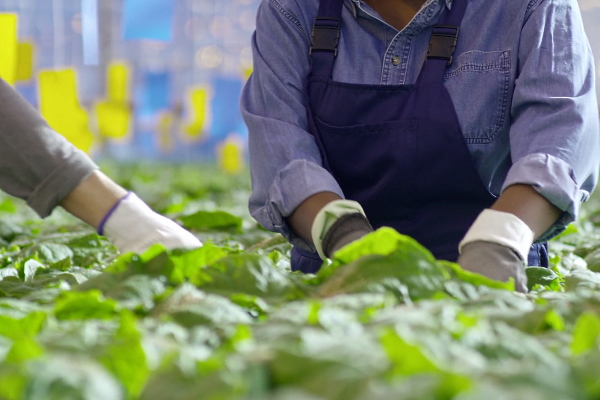After receiving the necessary documents and project presentation, our team will try to review your request as soon as possible, and leading experts will offer the best options for project funding.
The stable development of agricultural enterprises guarantees food security, creates a source of budget revenues and increases the potential for the development of rural areas and local communities.
Agricultural financing currently involves the use of a wide range of sources, mechanisms and tools for the formation of financial resources.
To ensure uninterrupted activity of agricultural business, it is necessary to provide several alternative sources of financing, which are not mutually exclusive and can be used simultaneously.
The organization of a rational structure of agribusiness financing is a multifaceted process that depends on many factors, including the rhythm of inflows of funds in a certain period of time, directions of enterprise development, financial health, market structure, and investment prospects.
Internal sources of financing agricultural projects, which are formed using the company's profit, play an important role in the investment activity of large agricultural companies, which ensures their independence and financial stability.
However, the practice of leading agricultural enterprises proves the need for bank lending, including long-term loans for financing large, expensive projects.
Nevertheless, a dynamic and highly competitive globalized economy requires rapid response of agribusiness to environmental changes, so internal financial sources are often insufficient to ensure effective current activities and investments. Due to its high sensitivity to the influence of various negative factors, agriculture also needs certain state support.
Thus, external debt financing (long-term investment loans, leasing instruments, project finance mechanisms), as well as government subsidies, are important factors in the successful development of agriculture.
Bank financing of agricultural business
The development and prosperity of agribusiness is impossible without attracting credit resources, since agriculture is a capital-intensive industry with a high level of risk.Agricultural enterprises are increasingly in need of attracting long-term financial resources for the modernization of equipment, the construction of new facilities, and the introduction of innovative technologies.
Due to the uncertainty of external factors, low creditworthiness, low quality and liquidity of the collateral that enterprises can offer, the lack of mortgage lending mechanisms in the sector, as well as due to the imperfection of legislative mechanisms, obtaining these loans can be quite problematic. This is especially true of developing countries.
If we summarize the current situation on the market of long-term financing, the key problems of bank lending to agricultural enterprises include the following:
• A significant increase in financial risks caused by obtaining a loan, which in the future may lead to a loss of financial stability and a decrease in solvency.
• Borrowers lack liquid collateral for loans, as the assets of most agricultural enterprises are limited to land and equipment.
• High loan interest rates and a long procedure for reviewing loan applications from agribusinesses that require state support.
• The strong impact of seasonality on agricultural production and dependence on climatic conditions, which are largely unpredictable and pose a certain risk.
• Unstable legislation and financial system, especially in developing countries.
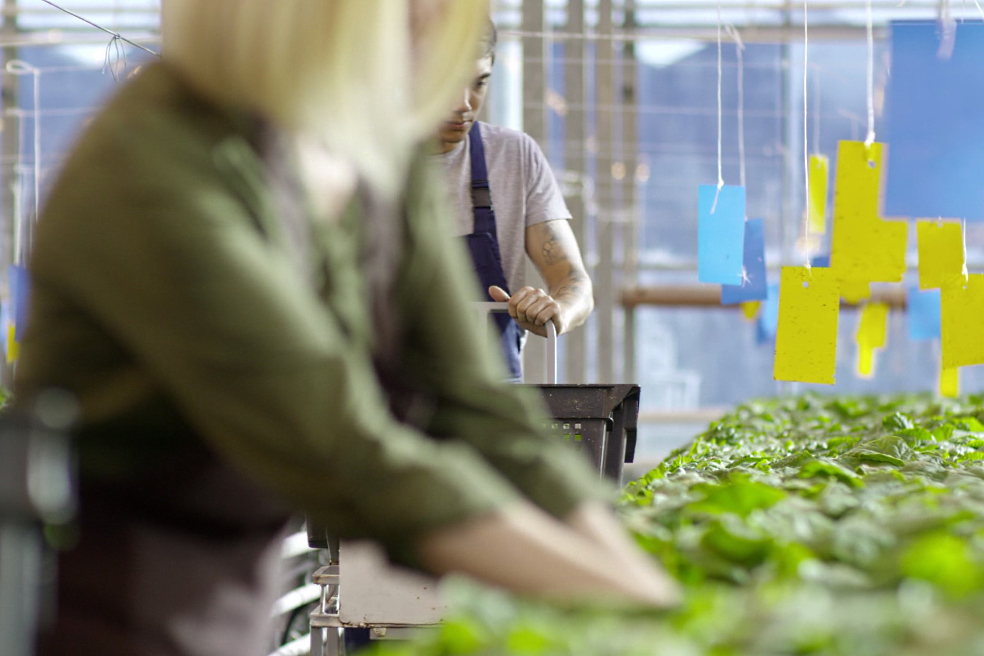
To improve the financing of agriculture in a highly competitive environment, it is necessary to create an adequate financial infrastructure aimed at large-scale agricultural lending.
The financial infrastructure should include not only commercial banks, but also credit unions, credit cooperatives and other institutions operating with the financial support of the state and/or supranational bodies. In the countries of the European Union and beyond, there are many successful examples of building such a financing system that contributes to the stable development of agribusiness.
Agriculture of any country remains the basis of food security, which depends on large long-term investments and lending.
There is a seasonal gap between investment and cash flows from the sale of products.
A significant need for working capital turns bank loans into the main source of replenishment of financial resources for the medium and short term.
However, the study of the finances of agricultural enterprises shows that they mainly work at the expense of internal resources, which are often insufficient. Limited resources force agribusiness to seek support from banks through various forms of lending, hence the need for strong state regulation and support in this area.
The problem of insufficient access to bank financing is particularly characteristic of small and medium-sized businesses. According to international financial organizations, about 80-85% of the financial needs of farmers around the world are not met, including due to the lack of adequate conditions for debt financing. The needs of small farms now exceed $200 billion, while financial institutions invest a little more than $30 billion in their development.
Although the situation with the financing of large agribusinesses is much better, this segment also faces numerous problems when interacting with banking institutions.
Finding and attracting a bank loan for a large-scale agricultural project today is quite a difficult task that should be entrusted to a professional financial team.
Time of great investment opportunities in agriculture
Investments in agriculture today are considered extremely profitable and critically important for the world economy.The conflict in Ukraine in 2022 has reminded us of the vital role of an uninterrupted supplies of agricultural products, the disruption of which can cause skyrocketing price increases and shutdown of entire industries.
Today, the global agricultural sector needs huge investments. These should be smart investments that will contribute to the fight against climate change, increase overall efficiency of agricultural production and promote new products. It is difficult to overstate the importance of financing innovation in agriculture, which remains extremely sensitive to adverse environmental factors such as drought.
For example, extreme climate conditions in North America in 2021 caused direct losses to US agriculture of approximately $150 billion.
These losses could be much smaller.
It is worth noting separately the growing financing of the so-called vertical agriculture, which, according to forecasts, will reach $32 billion in 2030. These innovative technologies are actively developing in the USA, Japan, China and a number of other developed countries, where companies are actively attracting venture capital for the commercialization of innovative technologies.
Experts emphasize the importance of financing projects, which are based on the latest technologies and principles of climate neutrality. Agriculture on the current scale is a huge contributor to global warming, and negative climate change is beginning to affect the efficiency of agriculture.
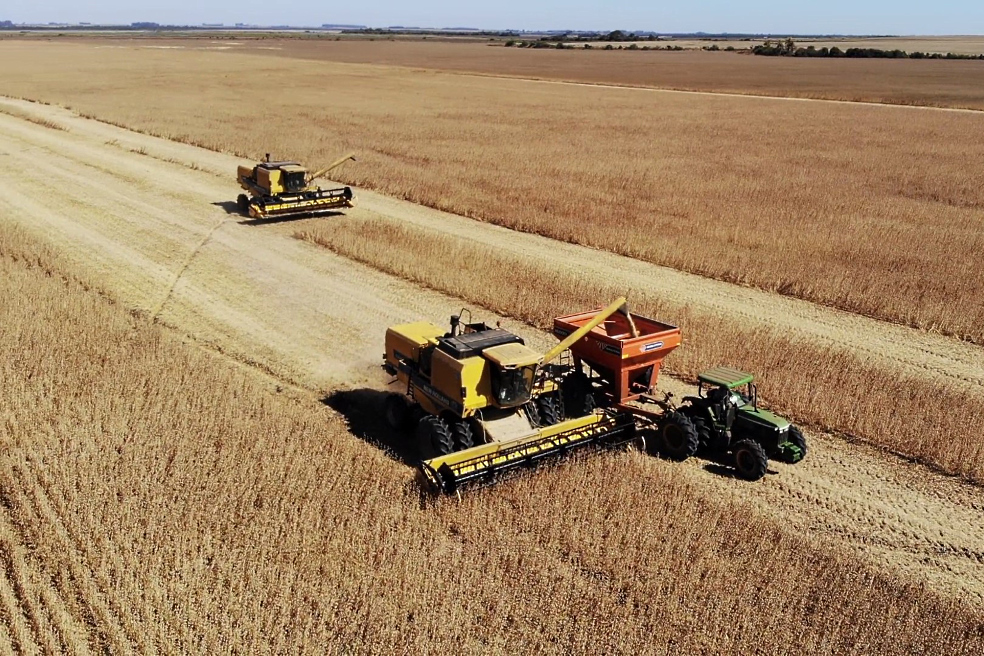
These changes expose the economy to new risks, and smart investments must break this vicious cycle.
The financing of the production of agricultural raw materials (rice, wheat, palm oil, coffee, fruits, vegetables, cocoa) provides work for a number of processing industries. But innovative projects in this area are very expensive and require long-term flexible financing.
The coming years will be an extremely favorable period for the financing and development of new investment projects in agriculture, as tectonic geopolitical changes will require new solutions, including in the field of food security.
GCAM Investment Group is ready to help agribusiness in long-term financing of agricultural projects across the world.
We provide the following services for large businesses:
• Investment crediting of agricultural projects.
• Commercial and industrial loans.
• Project finance for capital-intensive initiatives.
• Refinancing for agribusiness.
• Financial engineering and modeling services.
• Letters of credit and bank guarantees.
• Investment consulting and much more.
Our company has united leading investment and financial experts who work side by side with the customer at all stages of the investment project in order to achieve the optimal result. GCAM enjoys the support of well-known commercial banks, cooperating with international investment funds and major financial institutions in Europe and beyond.
Advanced financial technologies, reliable financial support and rich experience in the agricultural market allow us to offer flexible customized solutions for each project.
Contact us for details.



